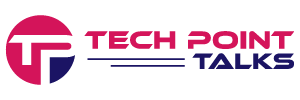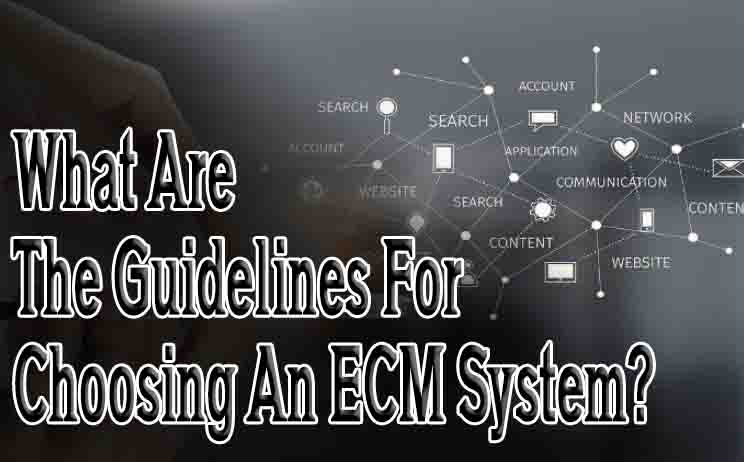Learn from a former CIO fired by a large financial services company and is now running his consulting firm. The modern era of IT began in the late 1980s/early 1990s.
Table of Contents
ECM Systems Help You Keep Tabs On All The Things That Happen On Your Network:
Enterprise content management also helps you keep track of all the documents, emails and other information stored on your network.
It’s Important To Know What Information Is Stored In An ECM System:
An ECM system is a system that keeps and monitors employee data. It can be used to store personal information, such as addresses and phone numbers, and other types of data for employees who work in an office environment.
The information stored on an ECM system differs from when you use your computer or device at home or work. For example:
- You don’t need an account with Facebook or Twitter if you’re using your smartphone or laptop; instead, these services are just part of the Internet experience.
- You don’t need a credit card to buy things online because most purchases are via debit cards nowadays.
Make Sure The ECM System Will Work Well With Your Infrastructure:
The first step in choosing an enterprise content management system is determining what infrastructure and policies your business needs. It would help if you understood how the system would work with all aspects of your organization’s IT infrastructure, including hardware, software and data security.
Know What Protocols Are Used By The Different ECM Systems:
ECM systems use a variety of protocols, including XML, EDI and others. They can be used differently and have additional capabilities depending on their implementation. Some examples include:
- Storing documents for use within an organization (e-discovery)
- Storing documents for sharing with other organizations (e-exchange)
The ECM System Has To Be Compatible With Your Company’s Security Policies:
This means that before you choose an ECM system, it is essential that the vendor can provide the necessary documentation on how their product complies with your company’s policy requirements.
The ECM System Must Be Easy To Install And Use:
The ECM system should be easy to integrate with other systems.
The ECM system should be easy to use.
The ECM system should be easy to maintain, scale and evolve as your business grows or changes over time.
Choose An Enterprise-Class ECM Solution, Not A Cheap Consumer-Only One:
When evaluating enterprise-class ECM solutions, remember that they can be used to manage information across the entire enterprise. They can also collect data across the whole organization—and even beyond if you want them to.
ECM systems are more than just a file storage system: they’re tools that help you create and share knowledge in your organization so that people know what’s happening at all times.
Choose An Agile (Distributed) Solution Instead Of A Traditional One:
If your organization needs an ECM solution, you’re looking for a way to streamline workflows and make them more efficient. It’s essential to choose an agile (distributed) key instead of a traditional one.
Enterprise Content Management Is Not As Scary As It Sounds, So Don’t Let The Options Intimidate You!
It’s a necessary tool for modern business organizations to improve productivity and save money by reducing the risk of data loss or theft. It can be used by all types of organizations, from small businesses to large corporations with multiple locations worldwide and even internationally!
ECM is an essential part of your overall digital strategy because it enables you to gain control over your data, allowing you more flexibility in terms of how staff members can use that information at any given time.
Conclusion:
It would help to consider these guidelines for choosing an ECM system.

